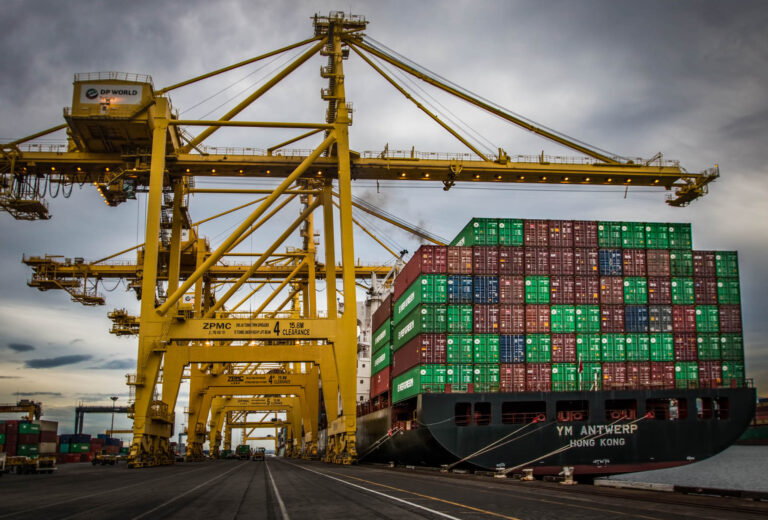BART unions plan to strike tomorrow after failing to reach an agreement with management. As we have been covering, the negotiations have been ongoing for several months, finally culminating today after a 30-hour bargaining session. While some progress was made with the help of a federal mediator, several key issues remain unresolved. The unions were willing to meet BART on its health care and pension requests, but the two sides could not reach an agreement on pay and work conditions. The unions offered to settle the remaining unresolved issues through binding arbitration, but BART management reportedly rejected that suggestion, according to the San Francisco Chronicle. BART’s final offer included a 12 percent raise over four years, a 4 percent pension contribution by employees, and a 9.5 percent increase in employees’ health-insurance contributions. The president of Amalgamated Transit Union Local 1555 said that, “this is not a union strike. This is a management strike brought on by absolute arrogance.” BART management has said that the offer will remain on the table until October 27 and, if approved, the deal would be retroactive to July 1. If a vote were taken after October 27, the contract offer would no longer be retroactive.
Wired
- Hundreds of Video Game Workers Join New Union as Trump Attacks Labor Rights
- Prof. Sachs on challenges to union organizing under the second Trump Administration.






Daily News & Commentary
Start your day with our roundup of the latest labor developments. See all
December 12
OH vetoes bill weakening child labor protections; UT repeals public-sector bargaining ban; SCOTUS takes up case on post-arbitration award jurisdiction
December 11
House forces a vote on the “Protect America’s Workforce Act;” arguments on Trump’s executive order nullifying collective bargaining rights; and Penn State file a petition to form a union.
December 8
Private payrolls fall; NYC Council overrides mayoral veto on pay data; workers sue Starbucks.
December 7
Philadelphia transit workers indicate that a strike is imminent; a federal judge temporarily blocks State Department layoffs; and Virginia lawmakers consider legislation to repeal the state’s “right to work” law.
December 5
Netflix set to acquire Warner Bros., Gen Z men are the most pro-union generation in history, and lawmakers introduce the “No Robot Bosses Act.”
December 4
Unionized journalists win arbitration concerning AI, Starbucks challenges two NLRB rulings in the Fifth Circuit, and Philadelphia transit workers resume contract negotiations.